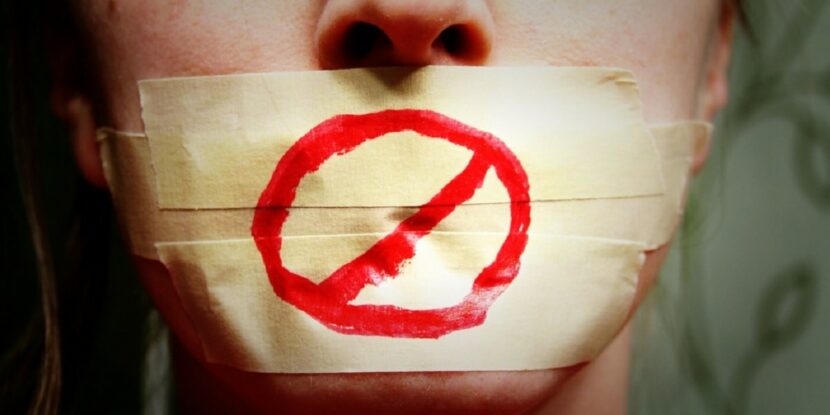This article is part of a series focusing on Lens of Liberty, a project of the Vernon K. Krieble Foundation.
In her Liberty Minute titled “Do as I Say Not as I Do,” Helen Krieble speaks about fairness and how it should be upheld across the board by the law:
I love watching an eagle soar overhead, and I remember all too well when they were almost all gone. So we now have laws protecting them. I find it odd that the government has decided to allow them to be killed by wind generators while others are fined and even jailed for accidentally doing so.
I like the idea of renewable energy sources, but if we look through the lens of liberty, it becomes clear that this policy violates one of the most essential American principles ― equal justice under the law. Americans do not believe in prosecuting violations by some and ignoring others just because the politicians happen to like some types of businesses. The American free enterprise system is based on a simple principle that all are entitled to fair and equal treatment. Fairness matters.
It’s not just the government, though, that has a double standard when it comes to allowing certain people to do something but others not to. Individual citizens both on the left and on the right all too often exhibit a tendency of holding the mentality that what applies to others does not apply to them or that the rights they get to enjoy should not be enjoyed by those they disagree with.
A perfect example of this is found in the results of a poll released by the Cato Institute on Tuesday. The survey asked participants a number of questions relating to free speech, political correctness, censorship, and hate speech, among other things.
One of the study’s most interesting findings is that while most Americans (59 percent) think that people “should be allowed to express unpopular opinions in public, even those deeply offensive to other people,” many of them flip-flopped when it came to specific application of that belief. In fact, the majority of them were “willing to censor, regulate, or punish a wide variety of speech and expression they personally find offensive.”
Of the Democrat survey participants, 58 percent said that people should be punished for offensive Facebook posts and 51 percent said that Americans should be required by law to use transgender people’s preferred gender pronouns. So much for freedom of expression.
But Republicans, who often claim to be unwavering advocates of the First Amendment’s freedom of speech, were no better. The majority of them also said that expressions with which they disagree should be censored and punished. Fifty-three percent of them were in favor of stripping US citizenship from people who burn the American flag and 65 percent said NFL players should be fired if they refuse to stand for the national anthem.
If we support free speech, we need to support it across the board. If we want freedom to express our views without facing censorship and punishment, we must stand up for the free speech of the people with whom we disagree the most adamantly or whose views we find the most offensive. In the majority opinion of the June 2017 Supreme Court case Matal v. Tam, Justice Samuel Alito noted the importance of doing so:
the proudest boast of our free speech jurisprudence is that we protect the freedom to express “the thought that we hate.” United States v. Schwimmer, 279 U. S. 644, 655 (1929) (Holmes, J., dissenting).
All Americans should be held to the same standard under the law and should be given the same freedoms. One person should not be silenced while others are allowed to speak just as one person should not be jailed for killing an eagle while others get away with it. As Krieble says, “Fairness matters.”
Photo credit: Jennifer Moo via Flickr, CC BY-ND 2.0


